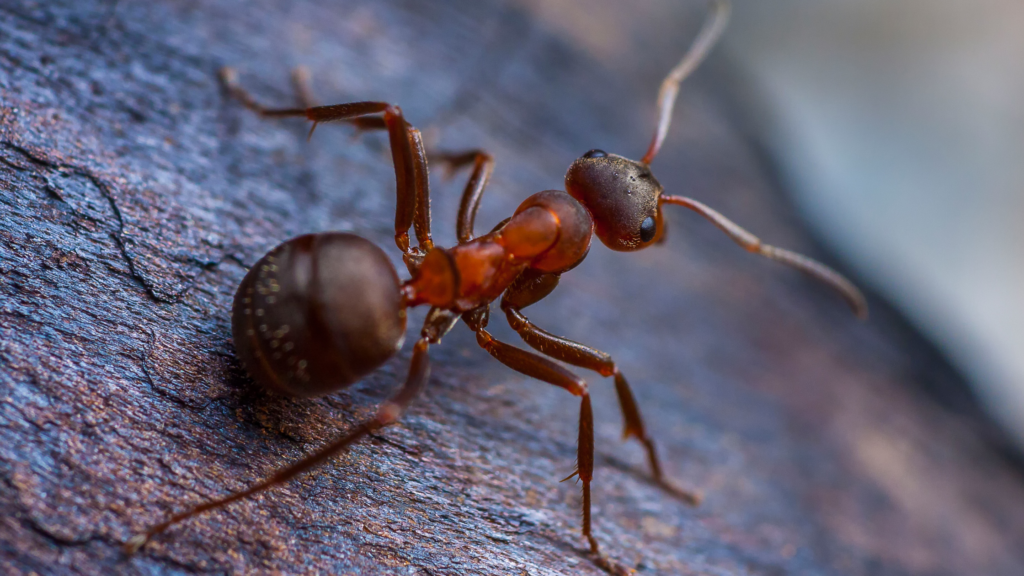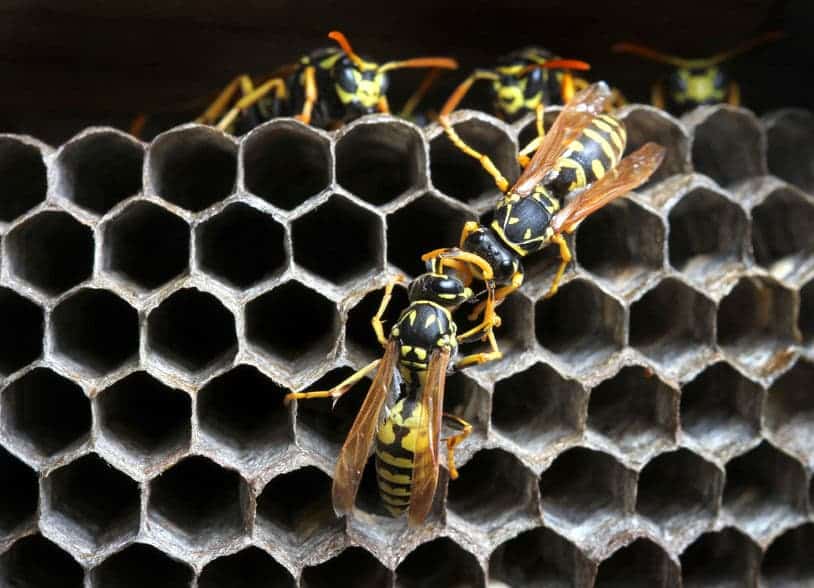Every year, the Asthma and Allergy Foundation of America (AAFA) designates May as National Asthma and Allergy Awareness Month, a peak season for allergy and asthma symptoms. The National Pest Management Association (NPMA) reminds people that many pest-related asthma and allergy symptoms can be avoided by practicing simple pest prevention and treatment measures.
Many common household pests, such as cockroaches and stinging insects, are known to trigger asthma and allergies. Cockroach droppings, saliva, shed skins and other body parts contain potent allergen proteins that cause allergic reactions and exacerbate asthma symptoms, especially in children. In addition, certain species of stinging insects, such as yellowjackets, wasps, bees and fire ants, can cause serious reactions in people whose immune systems overreact to the venom. Symptoms can range from itching and hives to shortness of breath to anaphylaxis, a potentially fatal severe allergic reaction.
“While many homeowners know that maintaining a pest-free home has many health benefits, they may not realize that their preventive measures can also keep them safe from the threat of asthma and allergies,” said Missy Henriksen, vice president of public affairs, NPMA. “A hidden cockroach problem could be triggering symptoms for asthma and allergy sufferers. And, as people spend more time outdoors, stinging insects become a bigger concern.”
The NPMA recommends the following tips for safeguarding homes against pests that cause asthma and allergies:
- Keep food sealed and stored properly, and clean kitchen floors and counters daily.
- Dispose of garbage regularly and store in sealed containers.
- Seal cracks and holes in homes, including entry points for utilities and pipes and in screen doors and windows.
- Keep basements and crawl spaces well ventilated and dry.
- Should you experience symptoms of an allergic reaction, such as tongue and throat swelling, wheezing, dizziness, or shortness of breath, call 911.
- If allergic to stinging insects, learn how to use an epinephrine kit and carry it with you at all times.
- If you suspect an infestation or notice a hive or nest on your property, contact a licensed pest professional to safely remove the threat.
Turner Pest Control is a full-service pest prevention and control provider. If you suspect you have an infestation or if you want to prevent pests from becoming a risk for you and your family, contact Turner today. We offer free inspections, no long-term contracts and we’re committed to our customer’s satisfaction with our services.



